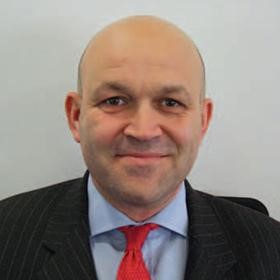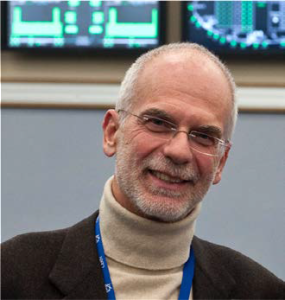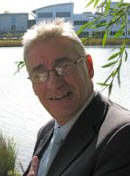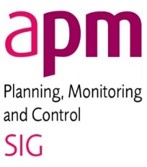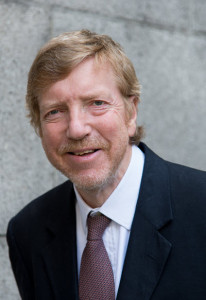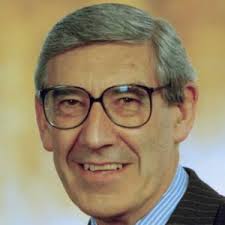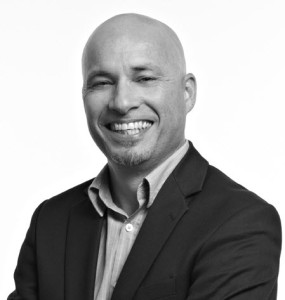#eVa20 To field a winning team
The great and the good from the last 20 years have been invited to take a look back and a look forward and make suggestions on  the next steps for the profession. Join the Band of Brothers [and Sisters] at the iconic Armourers Hall in London, Moorgate. The hall even has some armour ripped from a French Cavalry officer at Waterloo.
the next steps for the profession. Join the Band of Brothers [and Sisters] at the iconic Armourers Hall in London, Moorgate. The hall even has some armour ripped from a French Cavalry officer at Waterloo.
As well as renewing friendships and renewing oaths with friends in the US – NDIA, CPM amongst others, there will be the usual mix of big case studies and things to make you a better professional project manager.
And some music and a few laughs.
Past attendees will remember Jack Pinter and his Agile Blues Band. eVa are working with him again this year on something different to help provide th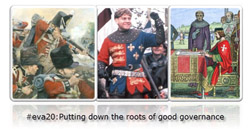 e trademark mixture of serious entertainment that they always offers.
e trademark mixture of serious entertainment that they always offers.
Plus the usual superlative networking with good food and good company in splendid surroundings.
All the World’s our Stage!
The formidable speaker line up will include;
Sir John Bourn, Former Auditor General and keynote speaker at EVA1
- Looking back and looking forward
Vice Admiral Sir Tim Laurence, KCVO CB ADC(P), Chair of Major Projects Association
Professor Peter Morris Speaker at #eva1 and Former Chair of APM
- Reconstructing project management
Simon Kirby, Chief Executive HS2 Ltd
Tim Banfield, Head of Profession at Major Projects Authority
- The MPA enhancing Government delivery with the profession and its community
Martin Samphire, APM Governance SIG
David Bennet, Vice President of PMCM and Rail Industry, Jacobs Engineering
Stephen Carver, Cranfield University School of Management
- Magna Carta [with re-enactors]
Merron Simpson, New Realities
- Projects don’t deliver benefits
Louise Hardy Former ODA and AECOM
- Organisational Culture Diversity. OCD in Project Management
Dr. Hauker Jonasson and Dr Helgi Ingasson, Reykavik University, Iceland
Elizabeth Harrin, The Octobus Consultants Ltd.
- Imposter Syndrome – does it apply in project management?
Jake Holloway, Xceed Group,
- Dealing with difficult stakeholders
Bruno Kahne, Head of Research and Development, Airbus Group Leadership University
- Deaf Tips. Powerful Communication
Mia Nordborg, Projectplace
Dr. Sylvana Storey, Global Organisational Integrators
Mark Thurston, Managing Director(Europe) CH2M Hill
- Every Board needs Programme Management Expertise
Robin Yeman, Agile Transition Lead, Lockheed Martin
Jack Pinter, Jack Pinter’s Agile Jazz Band
Book now to guarantee your place [at the early bird price]
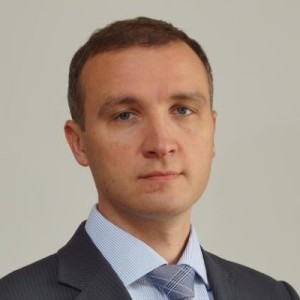 Oleg has more than 15 years of experience in Project, Program and Portfolio Management, new product development, and R&D.
Oleg has more than 15 years of experience in Project, Program and Portfolio Management, new product development, and R&D.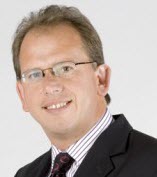
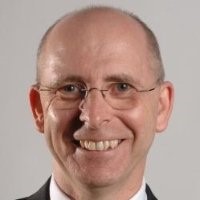
 the next steps for the profession. Join the Band of Brothers [and Sisters] at the iconic
the next steps for the profession. Join the Band of Brothers [and Sisters] at the iconic  e trademark mixture of serious entertainment that they always offers.
e trademark mixture of serious entertainment that they always offers.